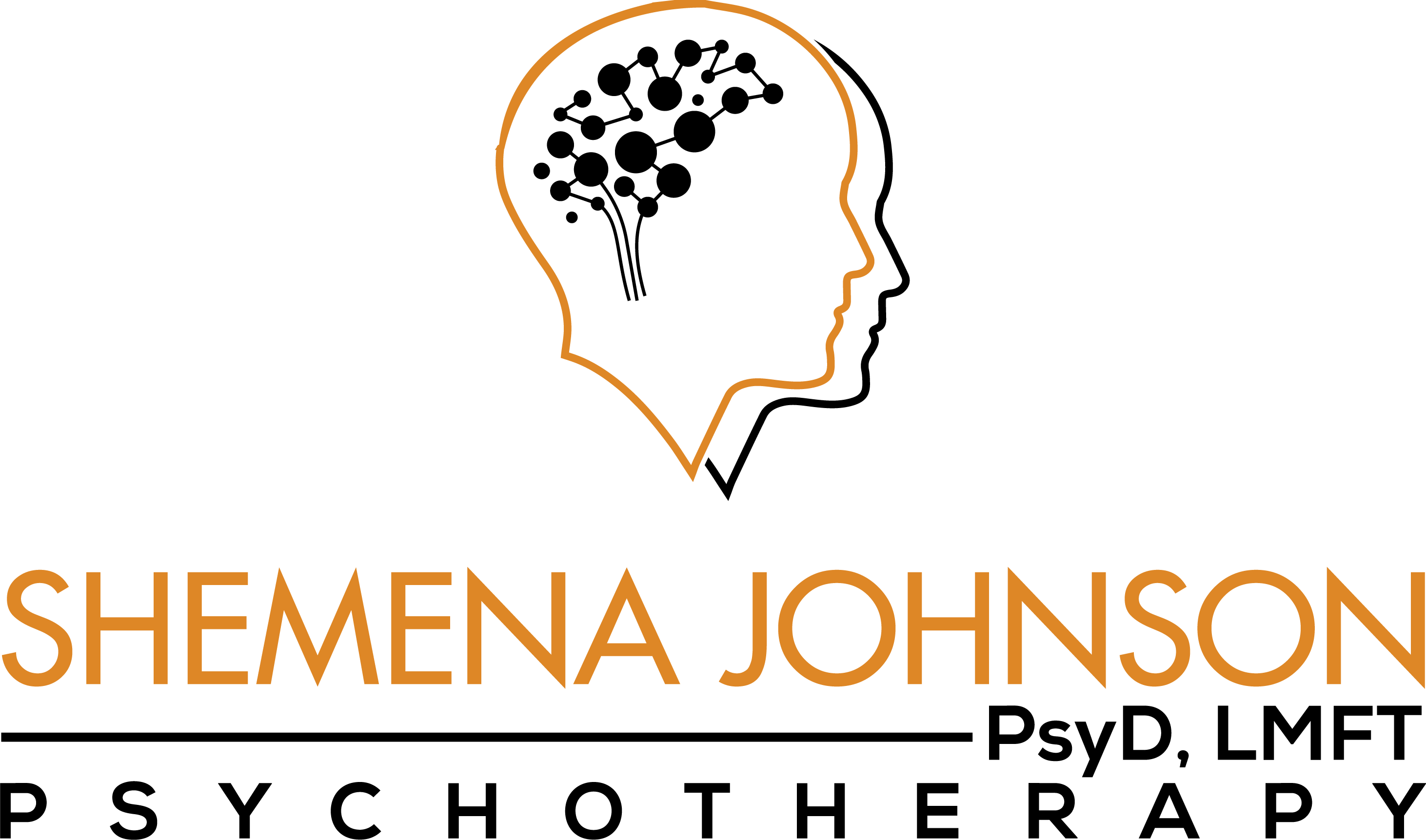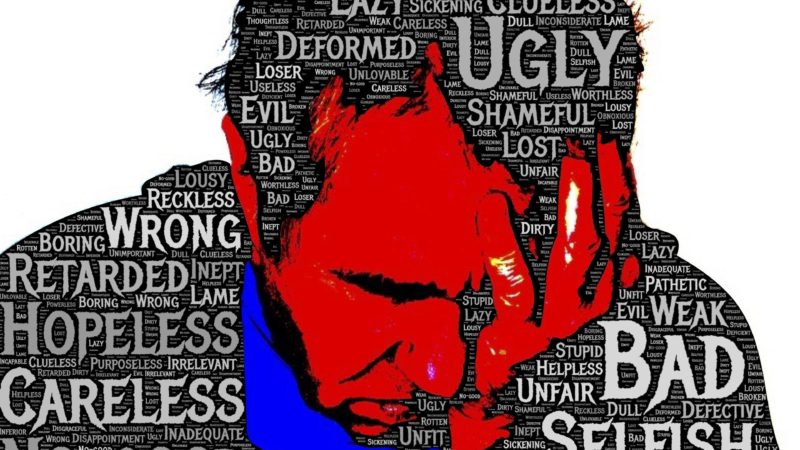Of all the painful emotions humans must bear, a core sense of shame is the most excruciating, the most difficult to bear. My views on shame and its origins likely differ from how you normally think about it; before describing the most common defenses against shame, let me clarify these views with a brief detour into neurobiology and early infantile development. When you think negatively of yourself, disapprove of your actions and consider yourself inferior or “bad” compared to others, you are feeling basic shame. Simultaneously existing as an emotion and recurring thought pattern, basic shame emerges when you think you fail to meet or exceed your personal standards of behavior and accomplishment.
Basic shame should not be confused with guilt, which develops when you think you failed to meet another person’s expectations. Feeling guilty means you have done something that harms another in some way (this action is imagined or real). Shame is a complex, subjective feeling emerging from the interplay of past experiences, specifically the relationship you had with your parents. Experiencing shame means you feel worthless, powerless and insignificant in a world teeming with authoritarian norms and values. Shame can be so powerful and all-consuming that you constantly feel like you are being observed, dissected and criticized for simply being human.
Where Does Shame Come From?
Attachment Theory
Developed by psychoanalyst John Bowlby, attachment theory is an evolutionary theory claiming that babies are biologically “programmed” to bond with another for the purpose of survival. The figure to which a baby attaches itself to would then represent the security, safety, unconditional love and nurturing every baby needs to thrive during childhood–the most formative years of a human’s life. In fact, this attachment relationship (according to Bowlby) is so vital to the overall psychological health of an adult that poorly established bonds between an infant and their caregiver will exert serious consequences on that child’s life.
When a child’s ability to bond with another is disrupted, the child doesn’t see this as the other’s fault. Instead, intrinsic shame develops gradually, which the child will not begin to experience until they become self-conscious (usually around age four). As they mature, children feeling shame due to poor attachment may construe themselves as being the cause of the failed relationship. Since the child places no blame on the parent, basic shame supports denial of the relationship’s failure.
Unfortunately, this kind of complicated emotional regulation meant to suppress feelings of loss and unworthiness feeds feelings of basic shame throughout the person’s life and interferes with their ability to establish meaningful relationships.
Overcoming the Power of Shame
For people who did not enjoy satisfactory attachments with parents/guardian figures, basic shame often causes depression, anxiety and a trail of unsuccessful relationships littering their lives. To begin healing from the effects of basic shame requires the person feels safe enough to express themselves while receiving empathy and acceptance from a trained therapist.
Revising deeply ingrained beliefs takes time, many hours of self-reflection and courage. A person in therapy for dealing with basic shame may need to revisit painful past events to re-examine them from a different perspective. The depth of basic shame makes it necessary for the person and their therapist to reveal the origins of feeling shame in layers instead of life stages, with each revealed layer receiving positive and compassionate support from the therapist.




